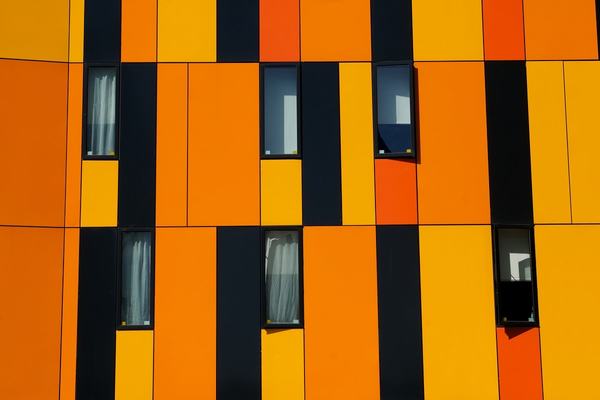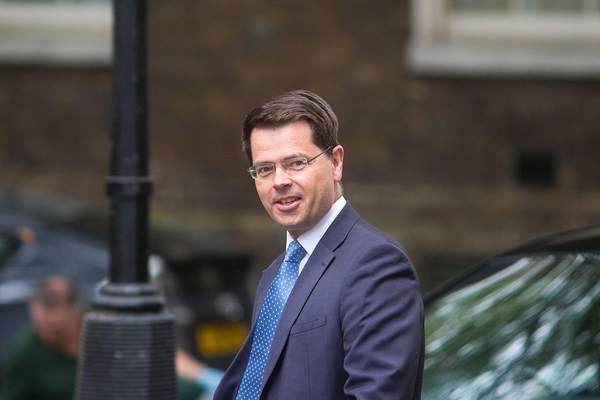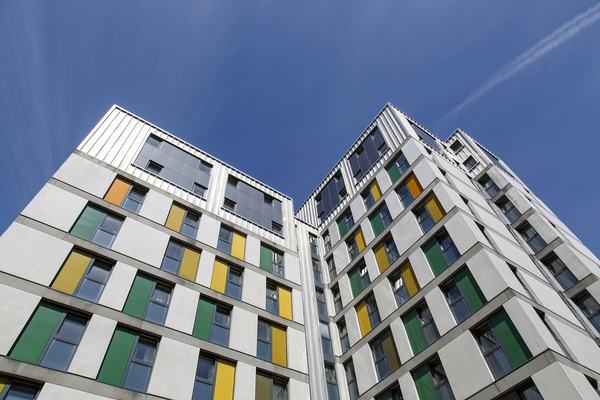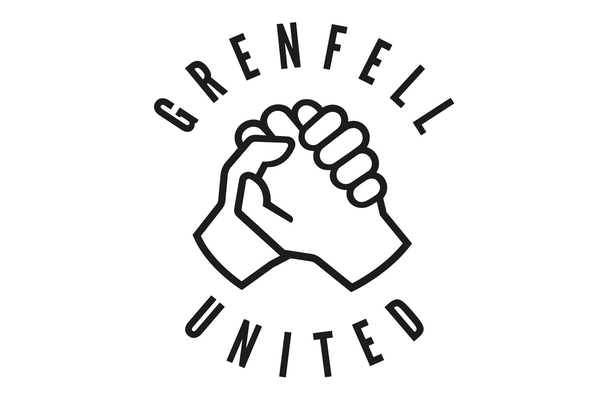Government ban on combustible materials comes into force
The government has banned combustible materials on new high-rise buildings with regulations laid in Parliament today.
Through amendments to the building regulations, it has banned the use of combustible materials in the external walls of residential buildings over 18 metres.
The ban, which will officially come into force on 21 December, also applies to new hospitals, residential care premises, dormitories in boarding schools and student accommodation, as long as all of these are over 18 metres.
Housing secretary James Brokenshire confirmed at the Conservative Party Conference in September that the government would bring in a ban.
At the time, Mr Brokenshire referred only to a ban of “combustible cladding”, but a government spokesman confirmed to Inside Housing at the time that this also included combustible insulation as well.
The changes to regulations made today by the government confirm that the ban will include combustible materials in window spandrel panels and infill panels, although not window frames.
It also applies to balconies, which are often made from combustible materials and have helped to spread fire across walls in the past.
It will not, however, apply to high-risk buildings like schools and hospitals which are not above 18 metres in height.
This is despite a letter last month, written by Labour MP Steve Reed and signed by 20 other MPs, which criticised the ban for failing to include such buildings.
It also said that the move does nothing to protect existing blocks where combustible materials are part of the external walls.
In a written statement to Parliament, housing secretary James Brokenshire said: “As part of wider work on fire safety across government, I will work with the education secretary to join up our reviews of fire safety guidance.
“I also welcome the Department for Education’s commitment to ensuring schools over 18m built as part of their centrally delivered build programmes will not use combustible materials, in line with the terms of the ban, in the external wall.”
A spokesperson for the survivors group Grenfell United said: “It’s almost 18 months since 72 people died from the Grenfell fire and 9 years since 6 people died in the Lakanal house fire. This is the first piece of proposed legislative change the Government has put forward as a result. We will absorb and examine the detail along with our lawyers over the coming days.
“The inquiry has already revealed more about the dangerous materials that were used on the tower and more lessons are emerging.
“James Brokenshire must be under no doubt, for bereaved families and survivors this is only the very beginning. The Government must show they will learn the lessons of Grenfell; they must continue the work to identify and remove all dangerous materials off homes, they must change the culture of profit before people in the construction industry and reform social housing so that people are treated with dignity and respect.”











